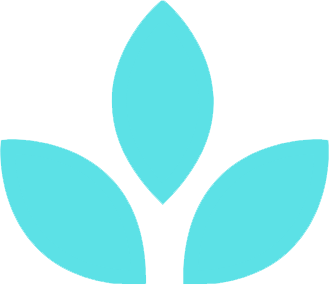As an investor or cannabis founder, it’s essential to understand the shifting landscapes of drug consumption and policies worldwide. The 2023 annual report by the German Monitoring Centre for Drugs and Drug Addiction (DBDD) offers critical insights, particularly for those interested in the German market.
The report confirms a continuing trend: cannabis remains the most widely consumed illegal drug in Germany. This sustained popularity has led to increasing health concerns. Approximately 40% of outpatient treatments and 30% of inpatient treatments in Germany are related to the consumption of cannabis and cannabinoids. However, in a post-COVID era, there’s a silver lining as prevention programs across the nation are witnessing a resurgence.
Burkhard Blienert, the German Federal Government’s Commissioner for Addiction and Drug Issues, underscores the report’s significance. Blienert emphasizes the need for a shift in drug and addiction policy, moving from prohibition to protection and assistance. A key focus is the controlled distribution of cannabis, aiming to recognize the realities of many people’s lives while enhancing health protection. The approach seeks to reduce the dangers of consumption by eliminating the need for adults to purchase adulterated or high-potency cannabis from unregulated sources. This policy shift, Blienert notes, could positively impact nearly 4.5 million adults in Germany who regularly use cannabis.
The report also sheds light on recent developments in German addiction and drug policy. One notable advancement is the legal groundwork laid at the federal level for pilot projects in drug checking, which includes user counseling, education, and warnings about potentially dangerous substances. These projects also provide health, public order, and security authorities with better insights into the substances currently circulating in the drug market.
Another key aspect discussed in the report is the evolution of addiction prevention initiatives, particularly in schools and workplaces. Franziska Schneider, head of the DBDD, highlights the increase in prevention measures following the pandemic years. The lifting of strict contact restrictions has allowed for a return to conventional working methods and a stronger presence in the community, enabling more people to access prevention programs.
The Reitox report, published annually, provides comprehensive statistical data and an overview of trends regarding illegal drugs, their potency, and distribution in Germany. It serves as a foundational source for the German data in the European Drug Report, offering background information and summarizing developments in prevention, counseling, treatment, harm reduction, and supply reduction.
The DBDD is funded by the German Federal Ministry of Health, based on a decision by the German Bundestag, and is supported by three institutions covering different aspects of addiction and drugs: the Federal Centre for Health Education (BZgA), the German Centre for Addiction Issues (DHS), and the IFT Institute for Therapy Research.
For cannabis companies and industry observers, these insights are invaluable. They not only reflect the current state of drug consumption in Germany but also indicate the direction of government policies and public health initiatives. Understanding these dynamics is crucial for navigating and capitalizing on the German cannabis market.








